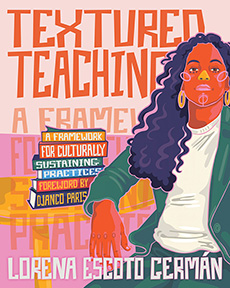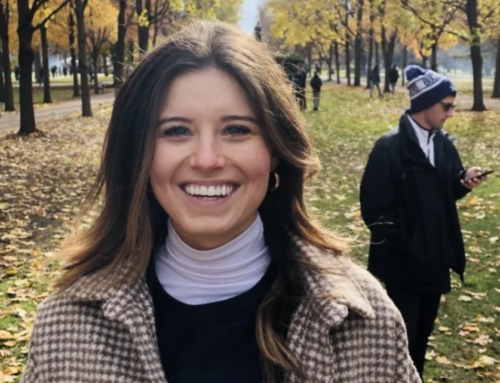Hello everyone! The terms antibias and antiracist bring up a lot of opinions and feelings in people. Depending on who you are talking to, this work might be the most important work happening in schools, or the bane on public education as a whole.
Never being shy of a large topic, I wanted to discuss this work with one of the leading (and humble) voices in the space and see what it was all about. Luckily, Liz Kleinrock agreed!
Liz Kleinrock is an anti-bias anti-racist educator and consultant based in Washington, DC. A transracial adoptee, Liz was born in South Korea and grew up in DC before attending Washington University in St. Louis, MO. After spending a year student teaching a 5th grade class in Watts, Liz joined the founding faculty of a startup school in East Hollywood where she spent seven years teaching 1st through 4th grades.
In addition to classroom teaching, Liz also works as an anti-bias anti-racist facilitator for schools, organizations, and companies across the country. Her work has gained national recognition through a documentary short produced by Fluid Film, and media outlets such as CNN, The Washington Post, NPR, and BBC. In 2018, Liz received Teaching Tolerance’s 2018 Award for Excellence in Teaching, and currently serves on the Teaching Tolerance Advisory Board. Liz is proud to share her 2019 TED Talk from “Education Everywhere” on building foundations of equity with young learners, and is working on her first book with Heinemann Publishing.
In part one of our talk, we cover the WHY behind antiracist and antibias work. We discuss common misconceptions, as well as address the concerns many have about having this work in schools. Liz details her perspective, and supports her take on why people shouldn’t fear this work in the classroom.
Whether you are a supporter of antiracist and antibias work, or are wary of it, this talk is sure to add to your thinking on the matter.

This episode is sponsored by Heinemann—the leading publisher of professional books and resources for educators—and their professional book, Textured Teaching: A Framework for Culturally Sustaining Practices by Lorena Escoto Germán.
With Culturally Sustaining Practice as its foundation, Textured Teaching helps secondary teachers stop wondering and guessing how to implement teaching and learning that leads to social justice. Lorena Germán shares her framework for creating a classroom environment that is highly rigorous and engaging, and that reflects the core traits of Textured Teaching: student-driven and community-centered, interdisciplinary, experiential, and flexible. The actionable strategies Lorena uses to bring Textured Teaching values to life illuminate what is possible when we welcome all types of texts, all types of voices, and all forms of expression into the classroom.
guessing how to implement teaching and learning that leads to social justice. Lorena Germán shares her framework for creating a classroom environment that is highly rigorous and engaging, and that reflects the core traits of Textured Teaching: student-driven and community-centered, interdisciplinary, experiential, and flexible. The actionable strategies Lorena uses to bring Textured Teaching values to life illuminate what is possible when we welcome all types of texts, all types of voices, and all forms of expression into the classroom.
Learn more about how to become a culturally sustaining educator. Visit Heinemann.com to download a sample from Textured Teaching.





